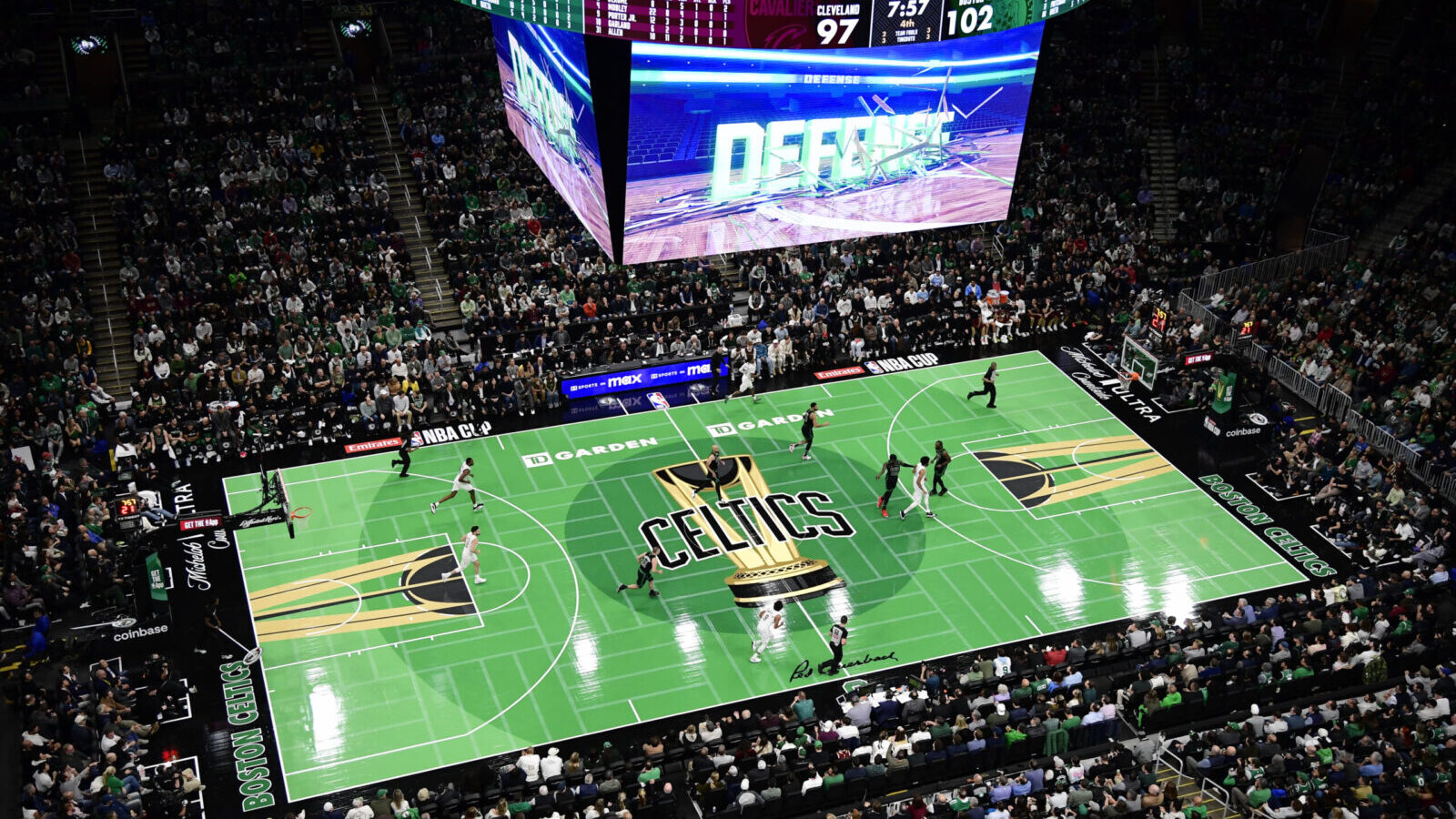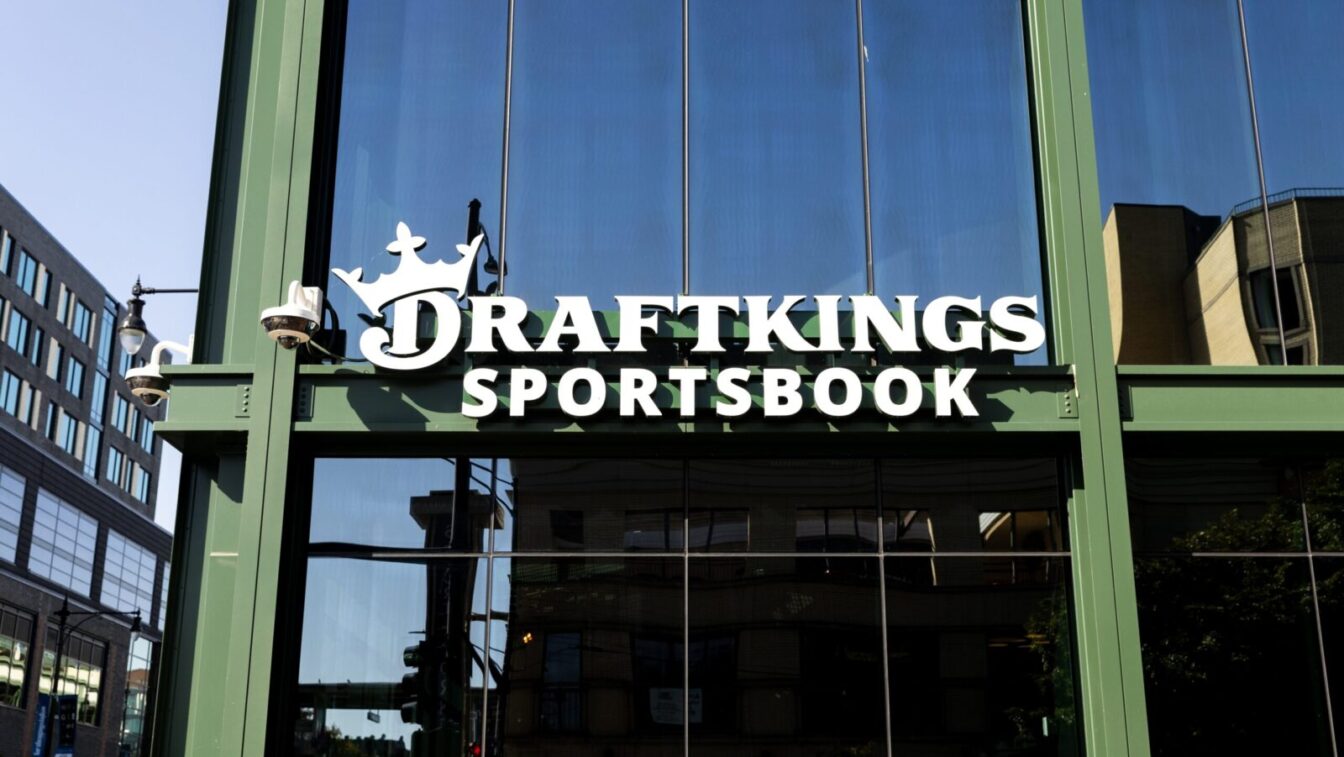Massachusetts Requests Detailed Data From Operators On Sports Bettor Limiting
Commission also takes a close look at the idea of permitting betting kiosks in assorted locations
3 min

Over the course of this calendar year, the Massachusetts Gaming Commission has made two things clear about its interest in the topic of sportsbooks and their alleged limitations placed on various gamblers:
- The commission does not intend to rush to draw any conclusions;
- The commission will not stop in its efforts.
The latest evidence of both points came on Thursday, when the commission’s hearing on the issue led to a decision to have the Massachusetts Sports Wagering, Legal, and Communications Divisions send out a request for specific data to the state’s approved sports betting operators to see how pervasive these limitations might be.
The commission initially planned a discussion on the topic in May, but all but one of the state’s sportsbook operators did not appear at the meeting. That set the stage for a September hearing that did include the operators. During that hearing, representatives claimed that only a tiny percentage of gamblers had limitations placed on the amount of their wagers.
“A review and analysis of the data would presumably show us the volume of patrons being limited and whether, and to what extent, a correlation exists between, one, a patron whose limits have been decreased and who exhibits winning behavior, and, two, a patron whose limits have been increased and who exhibits losing behavior,” said Carrie Torrisi, the agency’s sports wagering division chief, on Thursday morning.
While social media’s gambling niche is filled with complaints by professional and amateur bettors alike describing draconian limits they have faced, the issue mostly has been overlooked by regulators in the 38 sports betting states (soon to be 39 when Missouri comes aboard in 2025).
In the next month or two, it seems likely that Massachusetts regulators will receive details and eventually draw conclusions based on them. The commission has positioned itself to be on the side of bettors rather than just a rubber stamp for sportsbooks, and its conclusions are liable to reverberate throughout the national gaming industry.
Gaming industry study casts doubt on value of kiosks
The commission also received information from Spectrum Gaming Group on Thursday about its study of whether the commission would be wise to allow for sports betting kiosks at sites ranging from sports bars to convenience stores.
This option so far is limited to Ohio, Montana, and Washington, D.C., and Massachusetts regulators wanted to learn how that rollout has worked so far.
Spectrum Executive Vice President Joseph Weinert told the commission that Ohio was by far the most relevant comparison to Massachusetts in terms of population. In that state, Weinert said, kiosks produced only 0.14% of the total amount of money wagered made in the state in 2023.
Matt Para, Spectrum’s senior advisor for technology, noted that in those other jurisdictions, “there have been inconsistent results.” Para said that a potential exception could be large sports bars, giving as an example a hypothetical promotion by a restaurant chain such as Buffalo Wild Wings offering a free pitcher of beer to a customer who makes a $100 parlay wager.
Given that “every kiosk location essentially is a casino,” Para said, quite a few additional gaming commission resources would be required to oversee a relatively small amount of additional revenue. He added that kiosk wagering would be “unlikely to make a dent in black market wagering.”
Added Para: “Not all lottery retailers would make for good sports betting hosts.”
Possible impact on keno revenue?
Weinert told the commissioners that while there would not be any expected negative impact on state lottery revenue from kiosk betting because of the difference in customer bases, “if it was implemented, a possible impact on keno revenue would bear watching.”
Marlene Warner, the CEO of the Massachusetts Council on Gaming and Health, testified that given the overwhelming success of mobile sports betting — which accounts for 97.5% of all wagers in the state — adding kiosk betting would be a case of “too little, too late.”
She added that there would be a significant risk of minors finding a way to gain access to betting given the limited resources of store employees, and that even with proper regulation, the mere existence of the kiosks would “normalize gambling even further” for impressionable youth. Therefore, Warner concluded, adding betting kiosks would “negatively impact public health.”
Commission member Brad Hill said that he was “not surprised” that kiosk betting would not prove significant, given the popularity of smartphone wagering.
“Initially, I would have thought [adding kiosk betting] would be very helpful, but now we see that it is all being done on the phone,” Hill said. “So this would not be the panacea we thought.”
Hill added that the state legislature, if it chose, could offer groups such as Veterans of Foreign Wars the option of having betting kiosks at their locations. But he said that it “just isn’t the moneymaker that some think it is.”
Weinert added that in Ohio, even fewer wagers are being made at kiosks this year than there were in 2023, meaning that “the results are worsening.”






